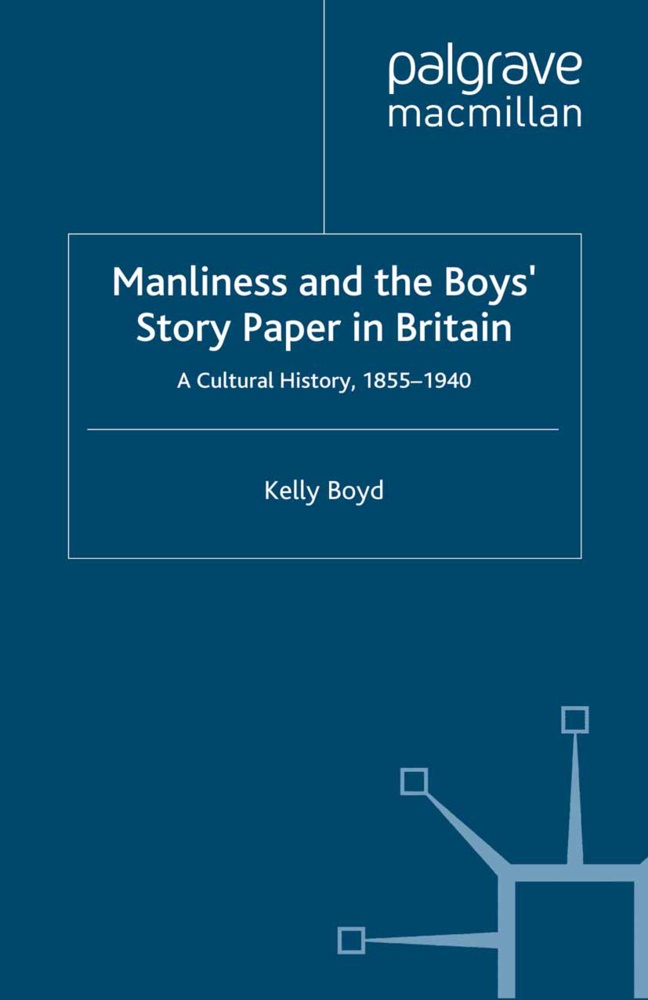Read more
In this pioneering work about the precursor to the comic book, Kelly Boyd traces the evolution of the boys' story paper and its impact on the imaginative world of working-class readers. From the penny dreadful and the Boy's Own Paper to the tales of Billy Bunter and Sexton Blake, this cultural form shaped ideas about gender, race, class and empire in response to social change. This study is an important analysis of a neglected part of popular culture.
List of contents
Acknowledgements Introduction: Fiction for the Working Lad PART I: READERS AND WRITERS Boys' Lives: Boys' Education, Work and Leisure, 1855-1940 Publishers and Strategies: From Family Firms to Mass Marketing PART II: 'REVEL IN YOUR BOYHOOD': VARIETIES OF MASCULINITY Victorian Manliness, Upper-Class Heroes and the Ideal of Character, 1855-1900 The Democratization of Manliness at the Turn of the Century, 1880-1920 Balance, Self-Control and Obedience in the Interwar Years PART III: MANLINESS AND THE 'OTHER' 'Manhood Achieved': Imperialism, Racism and Manliness Comrades, Chums and Competitors: Images of Women in the Boys' Story Paper Conclusion: On Heroes and Hero Worship Notes Bibliography Index
About the author
KELLY BOYD is a Senior Lecturer in History and American Studies at Middlesex University, London. She edited the Encyclopaedia of Historians and Historical Writing and has published articles on masculinity and boys' reading.
Summary
In this pioneering work about the precursor to the comic book, Kelly Boyd traces the evolution of the boys' story paper and its impact on the imaginative world of working-class readers.
Additional text
'It is a painstaking, purposeful and detailed commentary on the concept of masculinity as purveyed in the boys' periodical...' - Patricia Craig, Times Literary Supplement
'This is a well-written book and could easily be finished in one sitting. But it is also a monograph that is packed with new interpretations and intelligent re-assessments. Cultural and gender historians of this period will be rewarded by giving this book their closest scrutiny.' - Professor Stephen Heathorn, Indiana University, Indianapolis
Report
'It is a painstaking, purposeful and detailed commentary on the concept of masculinity as purveyed in the boys' periodical...' - Patricia Craig, Times Literary Supplement
'This is a well-written book and could easily be finished in one sitting. But it is also a monograph that is packed with new interpretations and intelligent re-assessments. Cultural and gender historians of this period will be rewarded by giving this book their closest scrutiny.' - Professor Stephen Heathorn, Indiana University, Indianapolis

